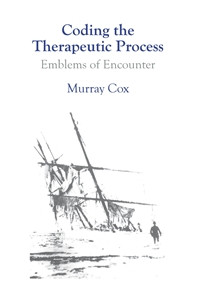Arthur Robbins demonstrates how important countertransference reactions are as sources of information and understanding of patient/therapist interactions. For many therapists, forming supervisory/integration groups provides a means of articulating countertransference issues which allows for self-exploration, investigation and understanding. Robbins presents transcriptions of some of these group supervision sessions, which emphasize the mixture of cognitive and affective organization which the therapist is continually exploring with the patient. He examines the issues that are raised in each session, highlighting the difficulty for the therapist of maintaining objective emotional distance from the patient while remaining receptive, and the complex issue of how much of the therapist's own personality should be permitted to emerge during the therapeutic relationship. A special chapter addresses teh complex countertransference issues that specifically apply to creative art therapy.







